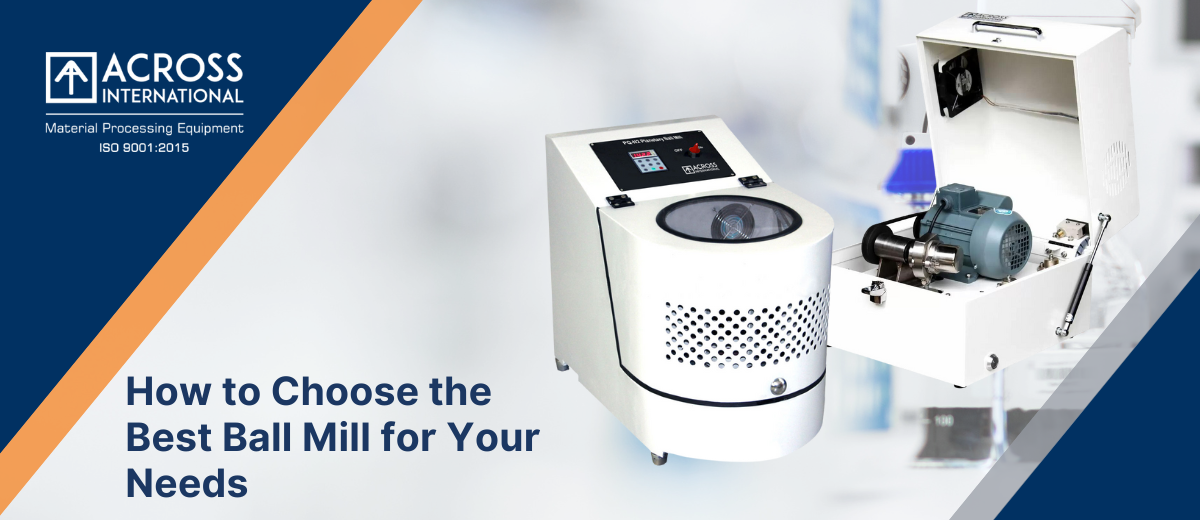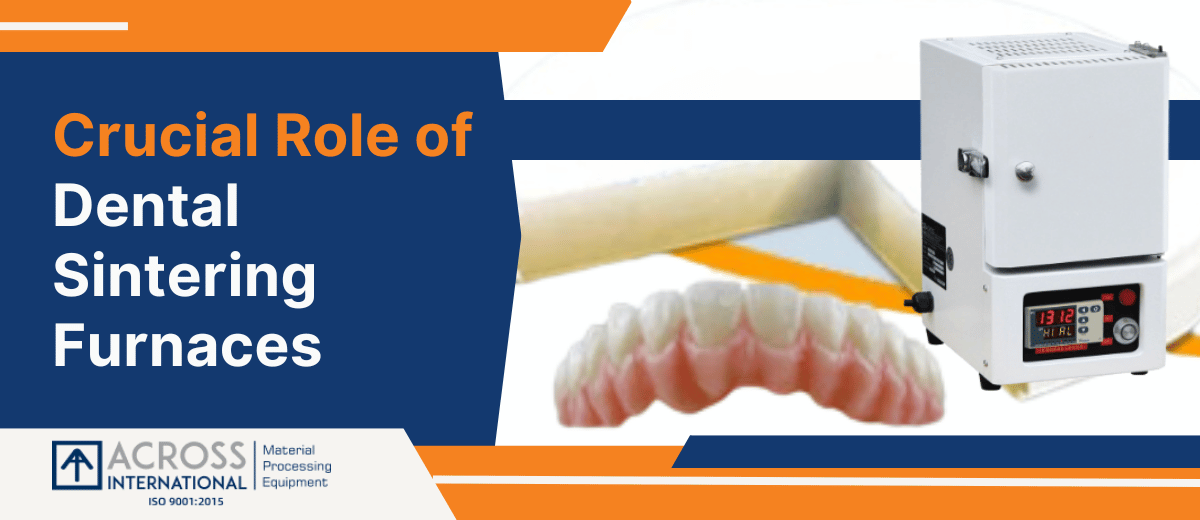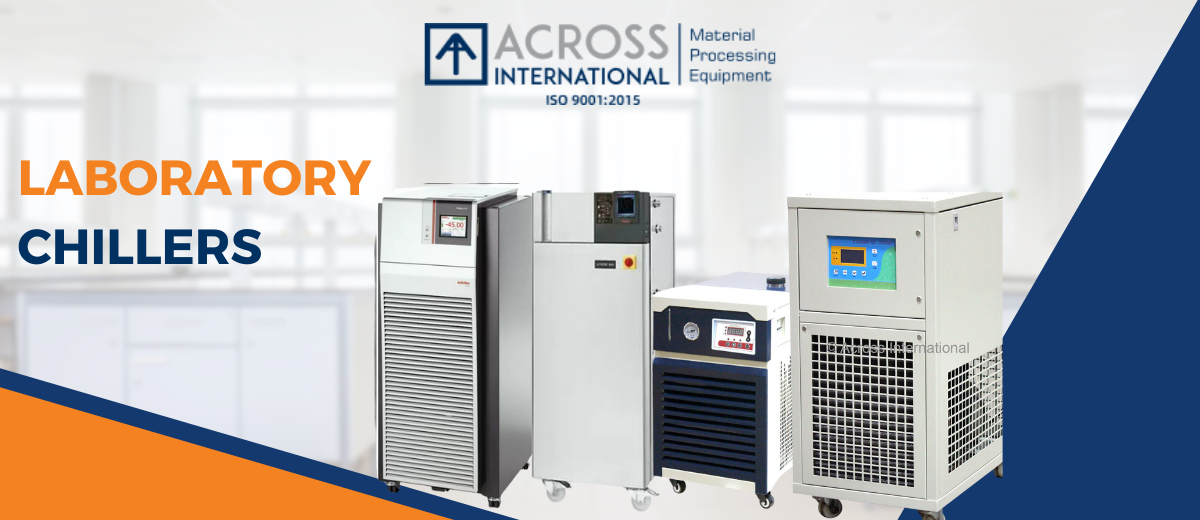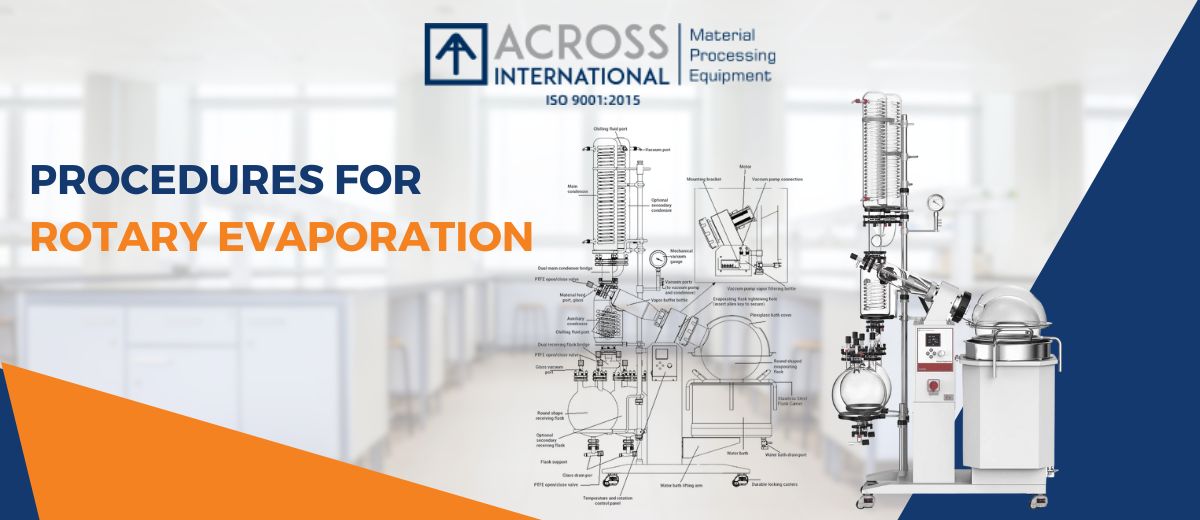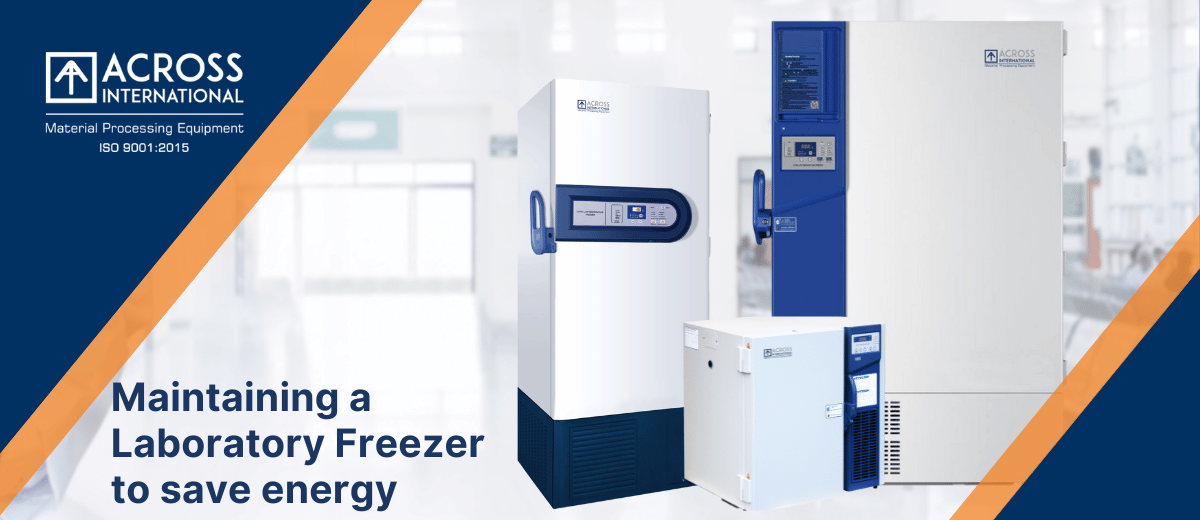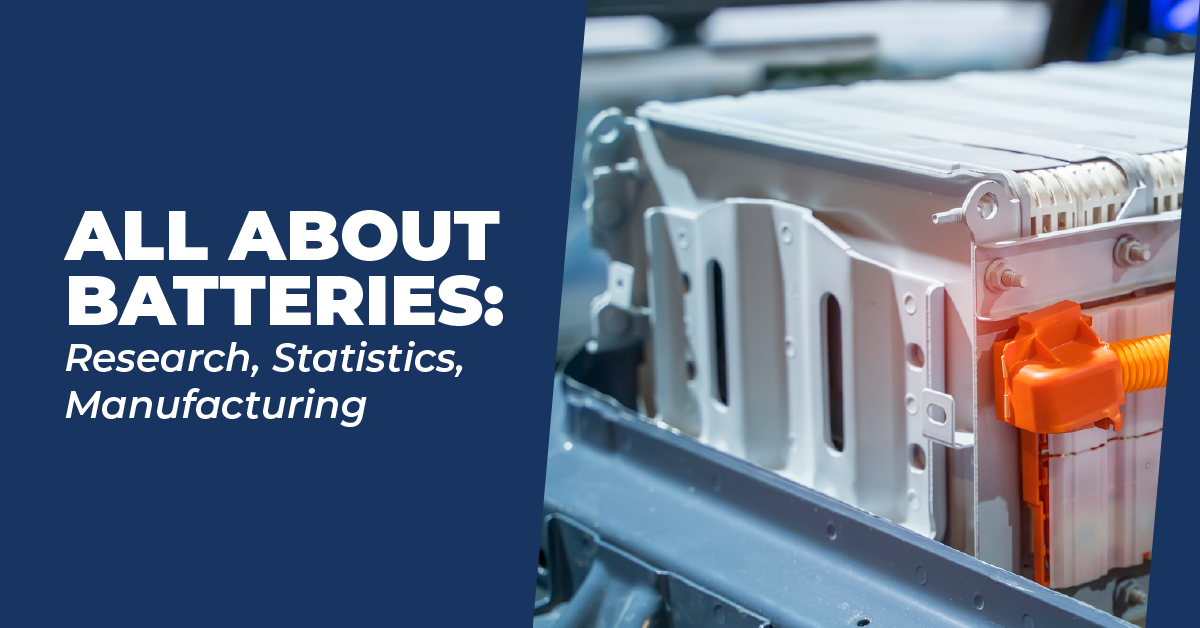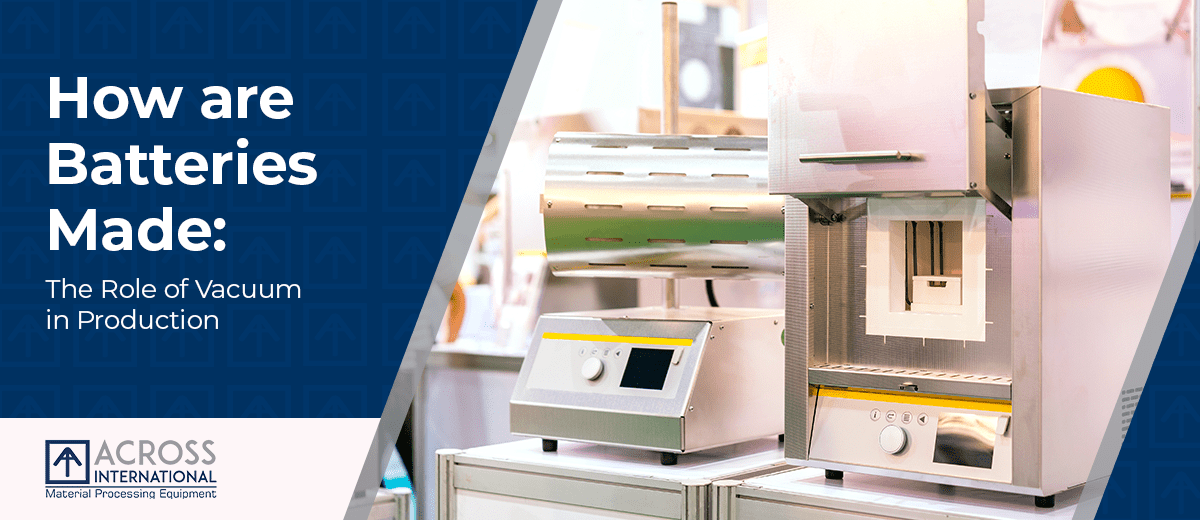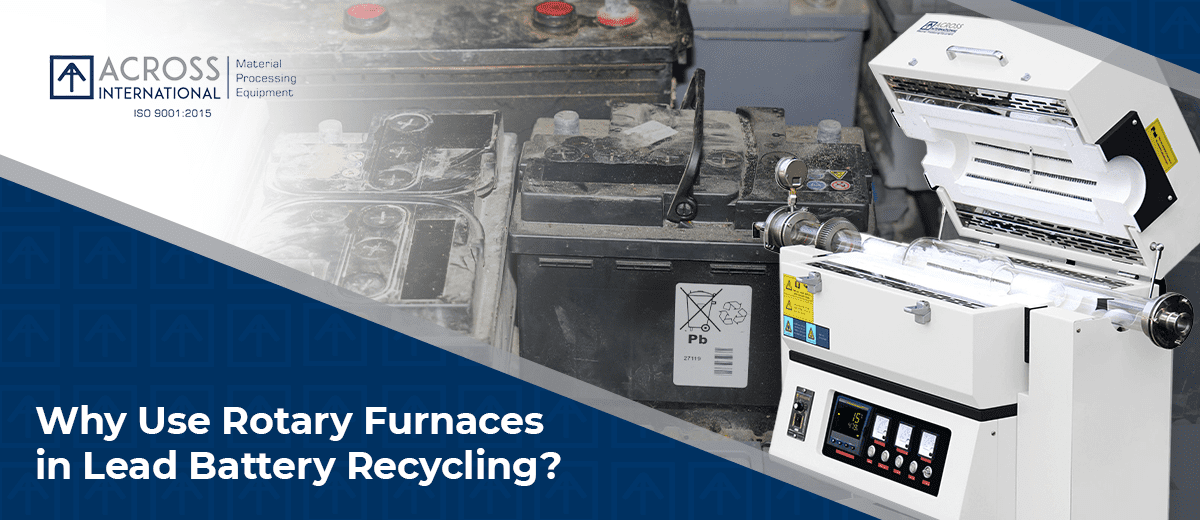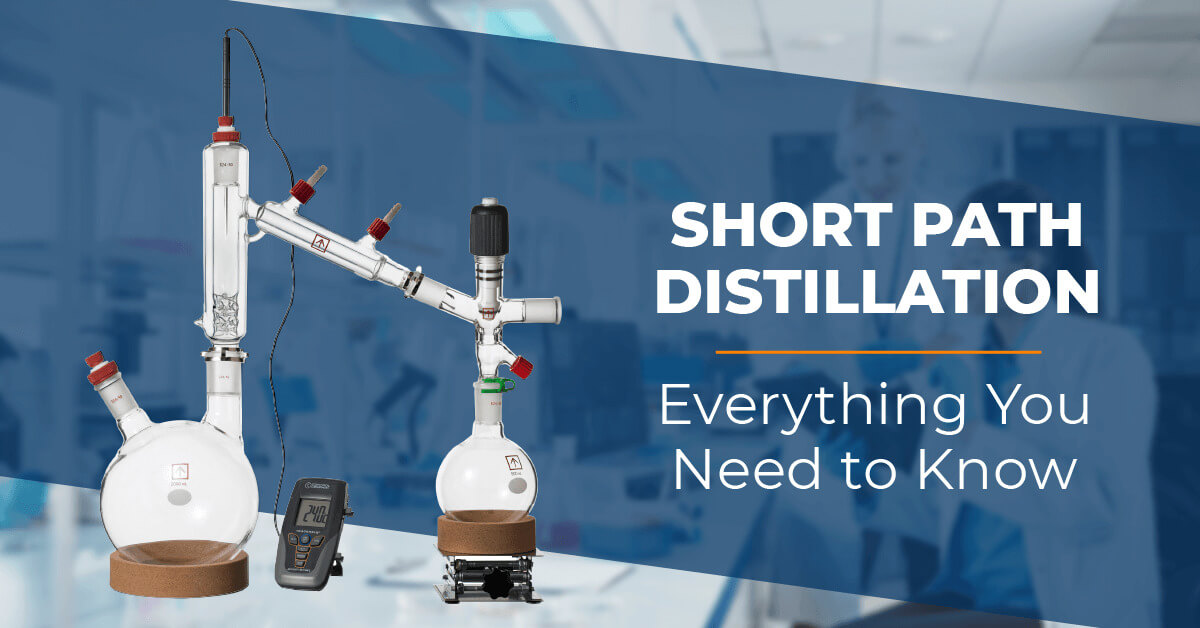We use cookies to make your experience better. To comply with the new e-Privacy directive, we need to ask for your consent to set the cookies. Learn more.
Applying Rotary Evaporation to Cannabis Processing
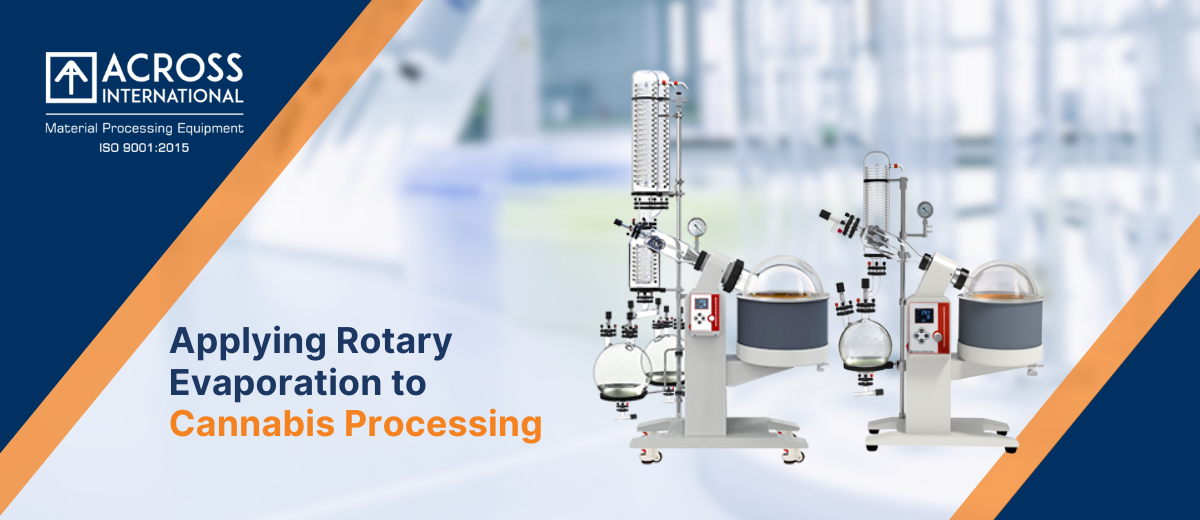
To produce the highest-quality products, processors are looking to more traditional methods of extraction and isolation. Using techniques long established in the botanical, chemical and distilled spirits industries, cannabis processors have several options to improve their manufacturing techniques.
Here’s a look at how processors can use rotary evaporation to better isolate the extracts and components:
Applying Rotary Evaporation to Cannabis Processing
A fixture in many labs, the rotary evaporator is a common tool for solvent removal. The process allows the solvent to be removed in a controlled manner under vacuum.
It’s also easily scalable, ranging from smaller bench top flasks up to 5 liters to pilot scale, using flasks of 20 liters and more. This flexibility makes it very adaptable when processing cannabis.
How The Process Works
As the pressure is reduced using a vacuum pump in the rotary evaporator, the boiling point of the solvent, ethanol in this case, is lowered.
Typically, the distilling flask (A) is filled to 50% volume. The water bath (B) is heated to 30-40°C. The condenser temperature (F), controlled by a recirculating chiller, is set to -10°C to 0°C. Once the water bath and condenser have reached the set points, the distillation flask is rotated from 150-200 rpm. This creates a thin film on the upper surface of the glass cylinder, which increases the solution surface area and enhances the solvent evaporation rate. Applying an appropriate vacuum to the system (H) lowers the boiling point.
To achieve a recommended target, set the vacuum to achieve an ethanol vapor temperature of 15-20°C. As the ethanol evaporates, it will condense and collect into the distillate flask (G). Optimization of the parameters allows for easy reproducibility.
Things To Watch For When Using Rotary Evaporators
While it may be tempting to try to tweak the process by increasing the evaporation rate by lowering the vacuum and/or increasing the water bath temperature, this will cause capacity overload on the condenser. Doing this causes the evaporation rate to exceed the condensation capacity of the recirculating chiller.
This causes ethanol vapor to pass through the condenser and into the vacuum pump. Cannabis extracts require lower water bath temperatures to minimize thermal decomposition. So the condenser temperature of -10°C to 0°C will require a chiller with adequate cooling capacity at those low temperatures.
There are other ways to increase throughput while still maintaining quality. There are a variety of options for automatic vacuum control and refilling accessories, both manual and automated, that can be added to rotary evaporators.
Across International is your best option if you’re looking for a manufacturer that offers high-quality material processing equipment. An industry leader in manufacturing laboratory, heat treatment, and material processing equipment, Across International aims to empower organizations in advancing science through innovative and high-quality equipment.
Our products are built using only the best materials and years of research and development to ensure that they’ll give you the level of performance and efficiency your lab needs. Across International carries short path distillation kits in multiple sizes and configurations, so you can surely find one that suits your application, from process chemistry to essential oil and cannabis distillation.
Request a quote for Across International’s or speak with our Tech expert for your rotary evaporators equipment.


